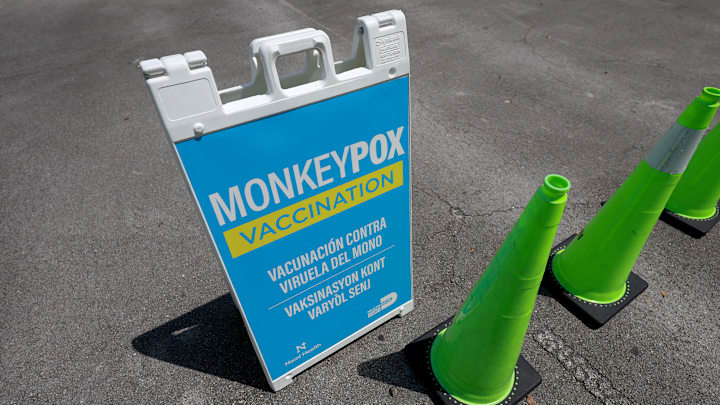There are a lot of concerns that can come from traveling the world. While some may worry about crime and political issues, illness is another problem that can cause stress for those looking to set out. Mpox is once again a major talking point around the world, as cases continue to surge in recent months. Should this be a major concern for travelers? Not quite yet according to some health experts.
Mpox, formerly known as Monkey Pox, is on the rise in areas like the Democratic Republic of the Congo and other African countries. A case in Sweden became the first case reported outside of the African continent this year. Mpox circulated heavily in 2022, setting off a global pandemic right on the heels of the COVID-19 pandemic.
This year, the variant on the rise is known as clade I, which is different than the one that became an issue two years ago. The World Health Organization, WHO, has once again declared Mpox a global public health emergency. However, now is not the time for travelers to worry.
“I think they out to note this,” said Dr. William Schaffner, professor at Vanderbilt University Medical Center. “I don’t know that they should be worried about it. I think if you’re traveling to other countries at the moment, there’s essentially no risk.”
According to the CDC website, mpox is usually transferred through skin lesions, bodily fluids of infected wild animals, or humans, contact with materials contaminated with mpox, and potentially during sex or other close contact. The CDC also lists potential symptoms to exposure which include headache, muscle aches, rash, swollen lymph nodes, fever, and more.
Those who were vaccinated back in 2022 do not need a booster, according to additional comments from Schaffner. The CDC does recommend avoiding close contact with people in those countries if you are traveling to them or those neighboring.
